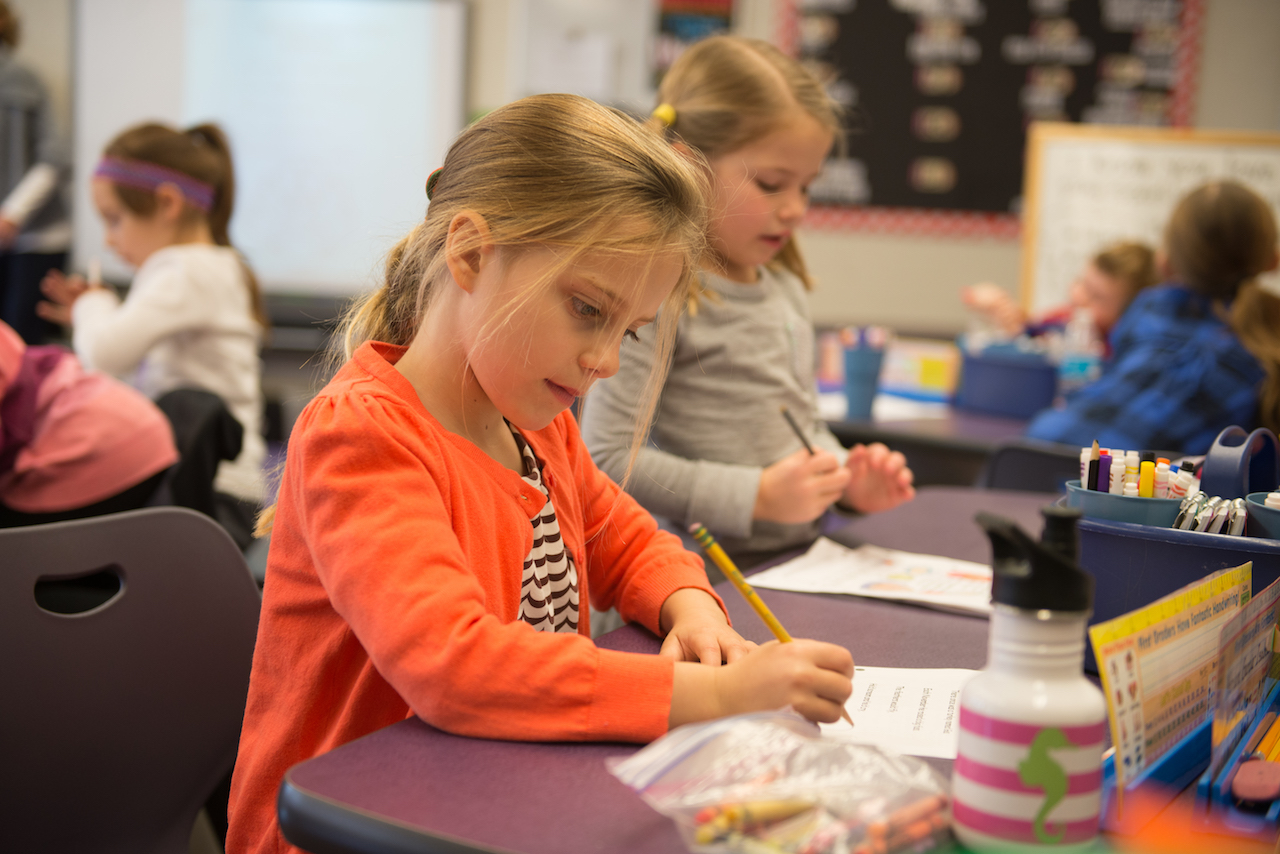Below are resources for early childhood professionals and those serving the early childhood community.
A Supplemental Tool for Structuring Your Plan for Preschool to Third Grade: CCSSO’s Rolf Grafwallner, in collaboration with CEELO, just published this new resource designed to support SEA chiefs as they consider how to approach writing a comprehensive state plan to articulate a coherent system while ensuring that the statutory requirements set forth in the reauthorized ESEA are met. This guide is intended to encourage states in moving beyond the traditional compliance-oriented approaches for responding to federal requirements. Rather, developing ESSA state plans can serve as an opportunity for chiefs to frame their work within an overall vision for education and demonstrate how different components in that system are part of a coherent approach toward achieving the overall goals of success in college, career, and life.
Kindergarten Readiness: The Center for Enhancing Early Learning Outcomes (CEELO) offers new resources on using the Teaching Strategies assessment tools to measure kindergarten readiness.
Early Childhood Education: The U.S. Department of Education released non-regulatory guidance on how districts can use federal funds in the Every Student Succeeds Act to support early learning. Education Week offers an overview of the guidance, which includes recommendations such as using funds for training early childhood teachers on how to support English Language Learners, updating and aligning teacher certification and training in the early grades and using funds to train teachers in the use of technology in classrooms. Read more from First Five Years Fund and New America.
Learning from Leading States: Building P-3 Systems: The report, by David Jacobsen, provides three case studies to address a central question: How can states support P–3 system building at both state and local levels? The three case-study states—Massachusetts, Oregon, and Pennsylvania—were chosen based on their experience implementing P–3 state policies and developing significant grant programs to fund regional and local P–3 partnerships.
President-elect Donald Trump has provided some guidance on how he plans to address child care costs, but it is less clear how he might approach early childhood education and education issues more broadly. Education Week provides a summary of the changes the new president and his team might make.
Science, Technology, Education, and Math: A new study using data from the Early Childhood Longitudinal Study-Kindergarten Class finds that gender gaps in mathematics and teacher perception continue. Gender gaps in math performance develop early on, and teachers consistently rate girls’ mathematical proficiency lower than that of boys’.
Using Teaching Strategies GOLD® within a Kindergarten Entry Assessment System originates from a state request for information on how other states are using Teaching Strategies assessment tool GOLD® to measure kindergarten readiness. Nine states use GOLD® in various degrees as a KEA. Lessons learned from the states and links to state resources are available.
Birth to Grade Three Peer Exchange: CEELO hosted educators from nearly a dozen states for a peer exchange examining several compelling early learning initiatives underway across the country, along with a new study Building State P-3 Systems: Learning from Leading States. Materials from the peer exchange, along with webinar slides and recording, are now available on the CEELO website.
Children’s Mental Health: Illinois is partnering with ZERO TO THREE to address and advance state policy related to improving infant and early childhood mental health. Illinois was one of 10 states selected through a competitive application process. Participating states have met to identify strategies to align health care finance policy with infant and early childhood mental health practice. This partnership comes at a time when there is a larger focus on mental health across the nation given that children spend a large portion of their day in early learning and care settings. As an article from The Atlantic notes, children do not widely have access to mental health consultation and teachers often feel ill-equipped to address children’s emotional needs resulting in increased suspension and expulsions.
Pay For Success: The U.S. Department of Education announced two awards to support pay for success (PFS) work. One of the awards supports a feasibility study looking at the potential of implementing the PFS model in school districts taking innovative approaches to dual language learners in early childhood programs.

